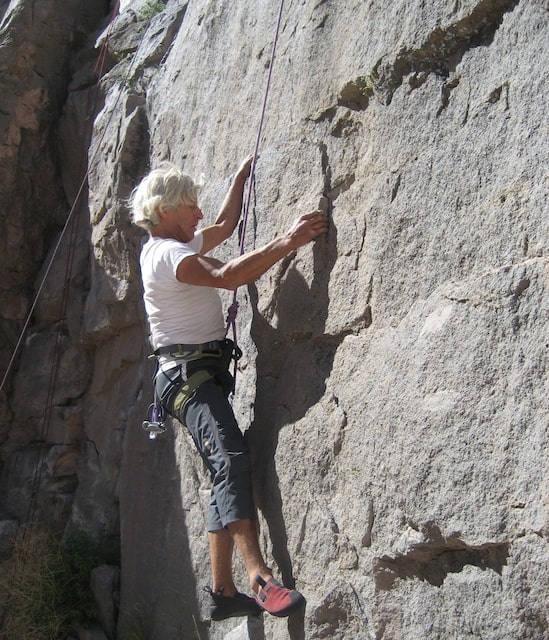
Learning Reliability … Or, reliable learning.
One of the best things about reliability engineering is the never ending opportunity to learn. We work with materials, assembly processes, and people creating and maintaining products, machines, and systems. Other engineering disciplines tend to focus on one aspect of a design or process – mechanical engineers make allowances for the circuit board location and heat transfer requirements, yet do not word on the circuits themselves.
Electrical engineers just the opposite, they focus on electronics and power and attempt to fit within the constants imposed by industrial designers. Maybe architects are close to the breadth of reliability engineering as they contribute the aesthetic and functional elements of a design, and consider the maintenance and longevity of the building. Yet, they are not involved with the actual aging and maintenance. Each of the engineering and management fields we interact with have a lifetime of learning possibility within each. Reliability engineers have a significant body of knowledge unique to reliability engineering, yet overlap with nearly every other function in an organization. Material science alone provides and endless array of materials and constructions each with unique failure mechanisms and aging properties. We have to learn enough to determine how and when an item will fail. That takes experimentation, observations and analysis. Bearings also continue to use new lubricants, metals and designs to reduce friction. Bearing are complex devices with moving parts subject to wear. They have seals, tolerances, assembly processes, maintenance procedures, and various failure mechanisms. Bearings wear out, and we know it is not that simple. Some wear out before others. Another opportunity to learn. We work with other people and influence them to take actions which will improve the durability of a product or system. Our recommendations based on what we have learned about the failure mechanisms, may run counter to the designer or managers goals. They may want to start production and not wait to address our recommendation. They may want to avoid the added initial cost as they are not concerned directly with the maintenance costs the customer will incur. They may not understand the science or math behind our recommendation. They may provide resistance to our recommendations. Working with people is another opportunity to learn. We can learn how to prepare arguments, create persuasive presentations, generate acceptance, and change minds. We can learn the science of human resistance and motivation. We can learn the factors that cause decisions. We can learn techniques to listen and understand others. We can learn the concerns and ambitious that drive our colleagues. I have found that working well with others and improving my skills of influence has been critical for my success as a reliability engineer. Good statistical knowledge only goes so far, we have to communicate to be effective. How do we learn all this without becoming full time students? I would suggest that we do become life long students and expand that idea of learning something every day to always learning. Let your curiosity grow and learn from every encounter and every experiment. Read and read more. I recently learned that someone that reads 400 books a year is a power reader. Become one. Ask why a lot. Expand on the natural curiosity of a child as they ask ‘why is the sky blue?” and continue to ask questions that may or may not be answerable. In the
Artist Way at Work one of the exercises is to spend at least an hour a week doing something on your own. Alone to explore an interest, a curiosity, a possible passion. If you wanted to learn glass blowing take a class, visit a workshop, and learn. If you wanted to explore rock climbing, visit a climbing gym, hire a guide, and learn how to work with ropes. If you wanted to explore the manufacturing of jelly beans, visit the factory, find online tutorials, and continue to ask why is it done that way rather than other ways. The ability to feed our curiosity tends to increase our curiosity. It is that kind of mind that finds and understands failure mechanisms. the ability to learn also increases our awareness of others whether they are supportive or resistive our our recommendations. As we expand our ability to influence, that too continues to expand and grow, if we continue to learn form ever encounter. There is no limit to what we can learn in a lifetime. If we stop trying we impose a limit. Maybe the first thing to learn is curiosity, the second is how to learn. — just ran across an article on how to train your brain to see what others don’t. http://www.huffingtonpost.com/2013/08/25/insights-brain_n_3795229.html#!
Leave a Reply